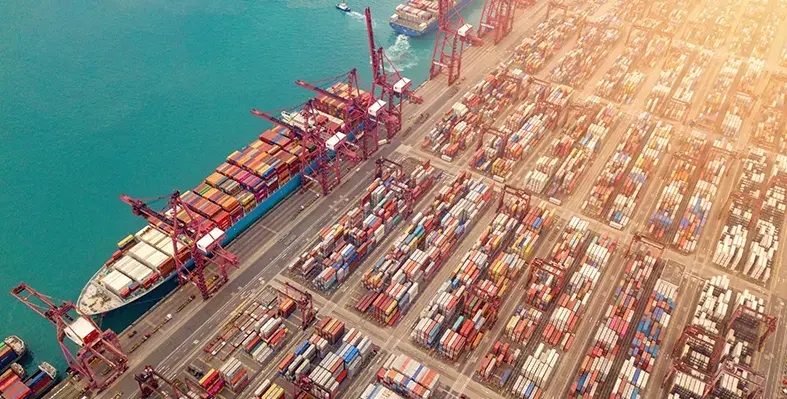From Senegal to South Africa, Africa is witnessing a quiet but decisive shift in the way trade is conducted
With global trade soaring to an unprecedented US$33 trillion in 2024, according to the United Nations Conference on Trade and Development (UNCTAD), developing regions like Africa are playing an increasingly prominent role in global commerce.
At the heart of this transformation lies the African Continental Free Trade Area (AfCFTA), a landmark agreement that encompasses 55 countries, uniting a population of 1.3 billion people and a combined GDP of US$3.4 trillion. Despite this immense potential, the practicalities of sourcing, logistics, and supply chain management continue to hinder progress for many industrial players.
The shift to digital platforms is offering a promising solution. Dr Jumoke Oduwole, Minister at the Federal Ministry of Industry, Trade & Investment, highlighted the continent’s growing digital momentum, “The continent’s digital economy is projected to reach US$180bn by 2025, up from US$115bn in 2020, thus contributing significantly to Africa’s GDP, creating new job opportunities, and expanding regional trade. Digital trade is transforming the continent’s economic landscape, creating new opportunities for real economic growth, productive job creation, and poverty reduction.”
Among the digital innovators driving this shift is Matta, a platform built to streamline industrial trade through a unified digital ecosystem. Mudiaga Mowoe, Matta’s Founder and CEO, explained, “Building on this rapid expansion, our focus must shift from isolated digital initiatives to a fully integrated ecosystem that streamlines every step of trade—sourcing, supplying, logistics and payments. By integrating these functionalities on a single platform, Matta enables manufacturers to navigate sourcing headaches and suppliers to manage cross-border complexities with confidence and unlocks new markets in Africa in real time. This holistic approach is what will transform digital trade’s potential into tangible, inclusive economic growth across Africa.”
Currently, Matta’s offerings include its digital marketplace (www.Matta.Trade), the Flux logistics coordination platform, and the soon-to-launch Oxide Finance, which will handle trade financing and cross-border payments. Together, these tools provide an end-to-end solution for manufacturers and suppliers across multiple industries—from food and personal care to automotive assembly and textiles—allowing them to manage sourcing, logistics, and transactions seamlessly and sustainably.
Instead of displacing traditional trading models, Matta enhances them, providing real-time insights, verifiable supply chains, and fast, secure settlements. These innovations will be spotlighted at the West Africa Industrialisation, Manufacturing & Trade (West Africa IMT) Summit and Exhibition, scheduled for 21–23 October, 2025.
The summit will convene policymakers, investors, technology leaders, and manufacturers to explore actionable solutions for Africa’s industrial growth. Matta will join key industry players at the event to explore digital opportunities in West Africa’s industrial landscape. As more manufacturers look beyond just infrastructure and regulations to scale production, the demand for smart systems that streamline procurement and ensure supply chain stability is growing.
Matta’s integrated approach meets these demands head-on by directly linking manufacturers with trusted suppliers, helping them overcome procurement delays that often hamper operational efficiency.
Digital trade platforms are reshaping how African economies approach manufacturing and logistics—addressing procurement, coordination, payments, and planning all at once. With these technologies, West Africa is poised to accelerate its industrial development and strengthen its presence in global trade networks.
As countries across Africa pursue economic self-determination, platforms like Matta are playing a crucial role in speeding up industrial capability and competitiveness. The continent’s digital trade evolution is not just on the horizon—it’s already transforming the future of African commerce.












